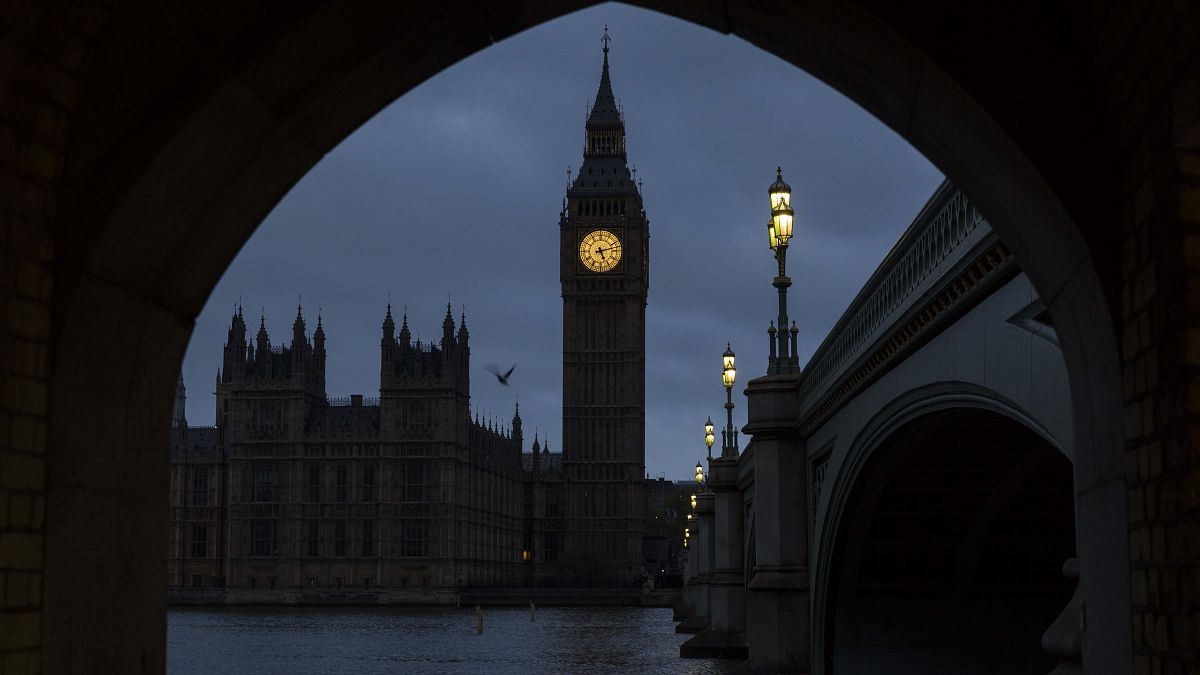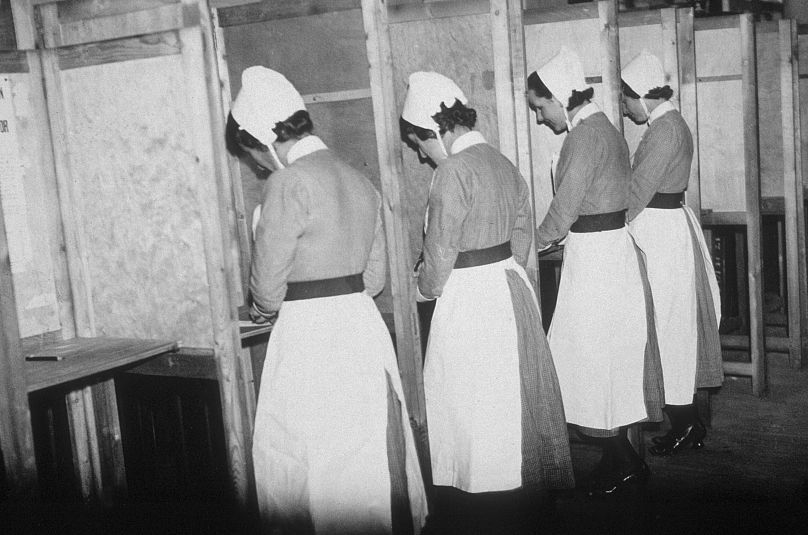With 25% of women currently undecided on who to vote for in next year’s expected general election, experts say their votes have the power to swing the next vote.
A quarter of British women are currently undecided on how they will vote at the next election expected to be held next year.
That figure is especially significant, considering that only 11% of men are in the same political boat.
According to polling conducted by YouGov for the Women’s Budget Group, female voters could well have a a consequential effect on the outcome of the upcoming election.
Women’s voting patterns have seen a significant shift in recent years.
Historically, women were more likely to vote Conservative than men, but each successive generation of women has been more inclined to vote Labour than their predecessors.
The polling has shown that is still the case.
“With an election likely in the next year, parties need to be thinking about what they can offer to secure support from women’s votes.”
It proved that of women who have decided who they’ll vote for, 14% say they will plump for Labour - with just 11% of men saying the same.
As the age groups get younger, the picture is even clearer.
Some 44% of young women are most likely to vote Labour with only around one in twenty saying they would vote for the Liberal Democrats or Conservative party.
Differing priorities
The poll found that women with caring responsibilities were more than twice as likely to name childcare or social care as one of their top three priorities than the average voter.
They also consider the survival of the National Health Service (NHS) to be of utmost importance - with nearly two-thirds of women saying it was the most pressing matter, compared to just under half of men who named it as a top priority.
While women and men were more equal in their opinions on the cost of living crisis, inflation and climate change, men were more likely than women to name the wider economy - 44% of men, 28% of women - as a must-tackle for an incoming government.
One of the biggest sticking points for these female floating voters appears to be gender equality.
23% of women say they are most likely to trust the Labour party to improve the imbalance and just 4% say they have faith in the Conservatives to get to grips with the issue.
Perhaps concerningly, a significant percentage of women voters remain uncertain that any party would be most likely to tackle gender inequality at all.
The study also found that women who took on ‘traditional’ roles like caring are far more likely to prioritise care and education services when considering who to vote for.
Women caring for adults were shown to be more than twice as likely than the average voter to name social care as one of their top three priorities - and females caring for children are more than three times as likely than the average voter to name childcare as one of their top three necessities.
Over a third of women who care for children also named education at the top of their list of priorities. For women of that group, the figure is 35% as opposed to just 14% for voters in general.
Despite the Labour party, lead by Keir Starmer, being seen as very much the next government-in-waiting, Dr Zubaida Haque, Deputy Director and Head of Research and Policy at the Women’s Budget Group tells Euronews no political group should be complacent.
“Women represent over half of eligible voters. The fact that a quarter of women are currently undecided which way to vote should make parties sit up and notice”, she says.
“While the polling data indicate the continuation of a generational trend of women voters moving away from Conservatives and towards Labour, our polling shows that women’s votes are in no way guaranteed and should not be taken for granted by any political party,” Haque adds.

